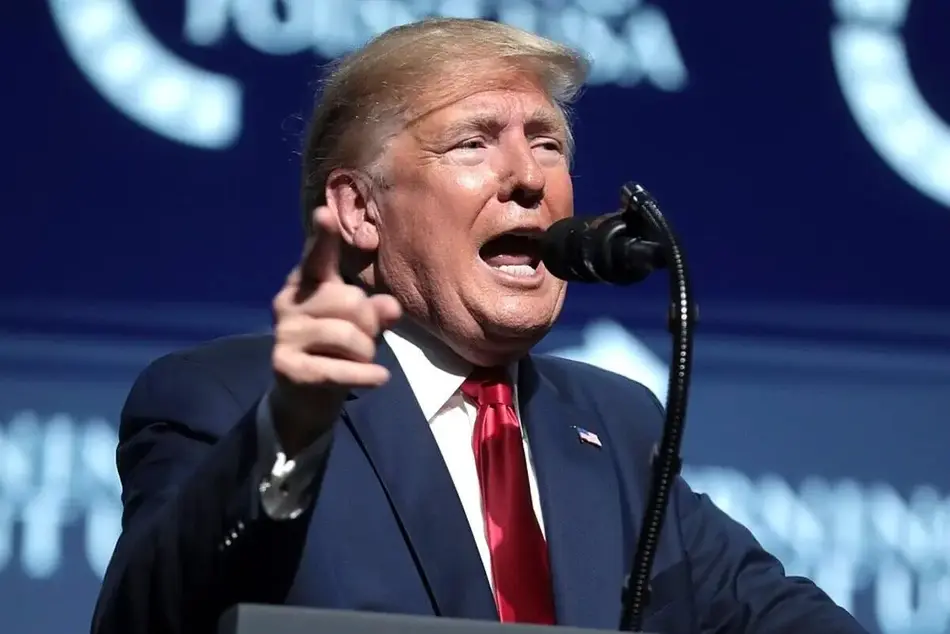
In a landmark ruling that could redefine the scope of presidential power, a federal judge in Washington, D.C., has dismissed former President Donald Trump’s claim of immunity in his 2020 election subversion case. The decision sets the stage for a legal battle that could reach the U.S. Supreme Court.
U.S. District Judge Tanya Chutkan ruled that “former Presidents enjoy no special conditions on their federal criminal liability.” She further clarified that the “defendant may be subject to federal investigation, indictment, prosecution, conviction, and punishment for any criminal acts undertaken while in office.”
Trump’s legal team had argued that the case, scheduled for trial in March, should be dismissed on the grounds that Trump, as the front-runner for the 2024 Republican presidential primary, is shielded from prosecution for actions he took while fulfilling his duties as president. They contended that the actions detailed in the indictment, including pressing state officials on the administration of elections, were integral to Trump’s responsibilities as commander in chief.
The ruling has sparked significant discussion on social media. ‘All In with Chris Hayes’ tweeted about the development, highlighting the rejection of Trump’s immunity claim and the potential for Trump to face legal consequences for his actions.
BREAKING: Judge Chutkan rejected Trump's motion to dismiss his criminal charges based on a claim of "presidential immunity” on the same day a federal appeals court ruled that the former president can be sued for inciting the insurrection. pic.twitter.com/Rfo0MWG3NT
— All In with Chris Hayes (@allinwithchris) December 2, 2023
However, the prosecution, led by Special Counsel Jack Smith, countered this claim. They wrote in court papers, “The defendant is not above the law. He is subject to the federal criminal laws like more than 330 million other Americans, including Members of Congress, federal judges, and everyday citizens.”
ALSO READ | Liz Cheney Warns of Dictatorship in the Wake of Trump’s Possible Reelection
While the Supreme Court has held that presidents are immune from civil liability for actions related to their official duties, it has never grappled with the question of whether that immunity extends to criminal prosecution. This ruling sets the stage for a potential legal battle over the scope of presidential power that could ultimately reach the U.S. Supreme Court.
This case is one of four criminal cases Trump is facing as he seeks to reclaim the White House in 2024. Other charges include illegally hoarding classified documents at his Mar-a-Lago estate after he left the White House, conspiring to overturn his election loss to President Joe Biden in Georgia, and charges in New York related to hush-money payments made during the 2016 campaign. These cases collectively underscore the legal challenges that the former president faces as he contemplates another run for the presidency.
The rejection of Trump’s claim of immunity marks a significant moment in the ongoing legal discourse surrounding presidential power and accountability. The ruling underscores the principle that no individual, not even a former president, is above the law.
As this case moves forward, it could potentially redefine the boundaries of presidential power and immunity, setting a precedent for future cases. With Trump facing multiple legal challenges as he contemplates another run for the presidency in 2024, the outcome of these cases will undoubtedly have far-reaching implications for him and for the broader political landscape in the United States. As the legal battles unfold, they serve as a reminder of the importance of accountability and the rule of law in a democratic society.
ALSO READ | Trump’s Immunity Stripped: Civil Lawsuits Over 6th January Capitol Attack to Proceed